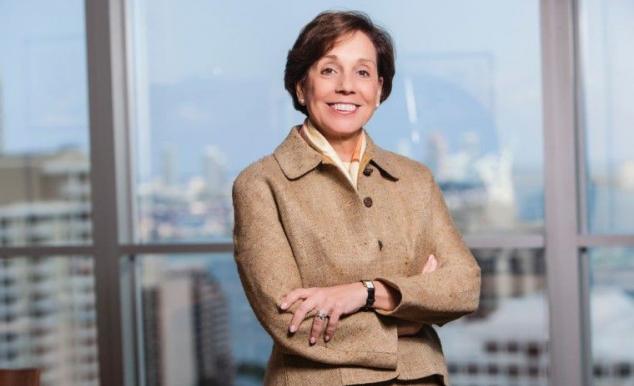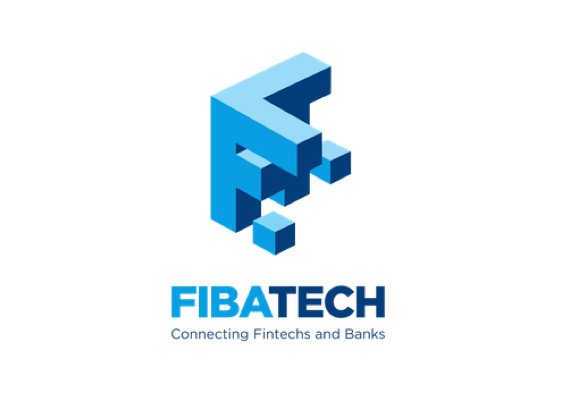When asked if she deals with women wealth owners differently than their male counterparts, Maria Elena Lagomasino responds with conviction that indeed she does. Lagomasino, Managing Partner & CEO of WE Family Offices, will be sharing her insights about gender differences in wealth management as part of the interactive panel discussion “Women in Wealth Management – The Conversation Continues…” during the 2014 FIBA Wealth Management Forum, taking place September 15-16 at the JW Marriott Marquis Hotel in Miami.
According to Lagomasino, who has been working with financially successful families for almost four decades, nearly every family unit she advises has at least one woman and sharp distinctions can be noticed between the way men and women approach financial topics.
Lagomasino recalls a recent family meeting where the man was focused on investment performance, access to investment products and other hard data. The woman on the other hand, was concerned with how to determine which investments would be right for the family, and how to best communicate that to others involved in the decisions. “The areas of focus are totally different,” says Lagomasino. “With men you communicate with a lot of charts and numbers, but if you put that chart in front of most women it’s a huge turnoff.”
More women than ever need wealth management; they comprise 50 percent of the overall population. “It is an inexorable, incremental slope upward,” says Maria Elena. “More women will inherit wealth, because we outlive men. More women are creating wealth themselves. So increasingly, more women are becoming our central clients.” Still, they represent only about 13 to 25 percent of the financial services industry.
In Lagomasino’s opinion, the biggest challenge for women in regards to wealth management, whether on the investor or advisor level, is the fact that women are not usually encouraged to become financially savvy when they are young. “I think this may be changing,” she says. “In my generation, finances were something you let the men in your life handle. I have actually conducted research on this. It is typical to let men handle all the financial affairs. To this day, statistics show that if women have a man in their life – father, husband, brother, son – who is financially savvy, they are more than glad to delegate all the decisions about their wealth to the men in their life.”
Letting the man in a woman’s life take charge of the wealth management can be a plus if the man is skilled at this task, but it can become rough once that person is removed either through death or divorce. “Women need to take ownership of their own wealth, rather than remain dependent on someone else to make decisions that are vitally important to their life. I always encourage women to be financially savvy themselves.”
When it comes to women considering finance as a career, some barriers – such as cultural traditions that have never considered the financial arena a place for women – still exist. “This is changing now,” Lagomasino says. “As in the field of engineering today, more doors are open, and there are many more women in this space.”
Referring to her experiences as a bank executive, Lagomasino notes that traditionally, if she recruited 100 young people, the split was evenly divided, with fifty percent women, and fifty percent men. “But over time, we ended up keeping a lot less women and that was a challenge,” she says. “Much of the attrition was due to life decisions, with the women wanting to start a family. They didn’t feel that a career in the financial services industry provided the flexibility. Technology is changing that.”
“Women wanting to enter this field and succeed, must to do their homework,” says Lagomasino. “You need to know your material, and your job. You have to understand a series of different disciplines, including investing, tax and planning issues, governance and family education. Then you need to connect the dots between all of these, integrating that knowledge for your client. Wealth Management is about helping, and making a difference,” stresses Lagomasino.
This panel discussion is designed to support and advance the core objectives at the heart of every FIBA conference: helping participants become more successful at what they do, and more attuned to the needs of their clients. “Attendees can expect a mix of dialogue and evaluation on women as wealth advisors as well as wealth owners,” says Lagomasino. “Depending on the trajectory of the questions, we will discuss the challenges in our own careers, along with the contrasting ways men and women approach financial issues.”
Last year, FIBA’s panel on Women and Wealth drew more men than women by a ratio of 8 to 1. “Men want to understand how to be better advisors to women clients,” she says. “That’s the opportunity presented in the upcoming conference. Our audience is already working with clients. Any insights to help them be better at their job will make the Forum, and this panel, worthwhile for them.”
For more details, or to register, visit this link.


 By Fórmate a Fondo
By Fórmate a Fondo